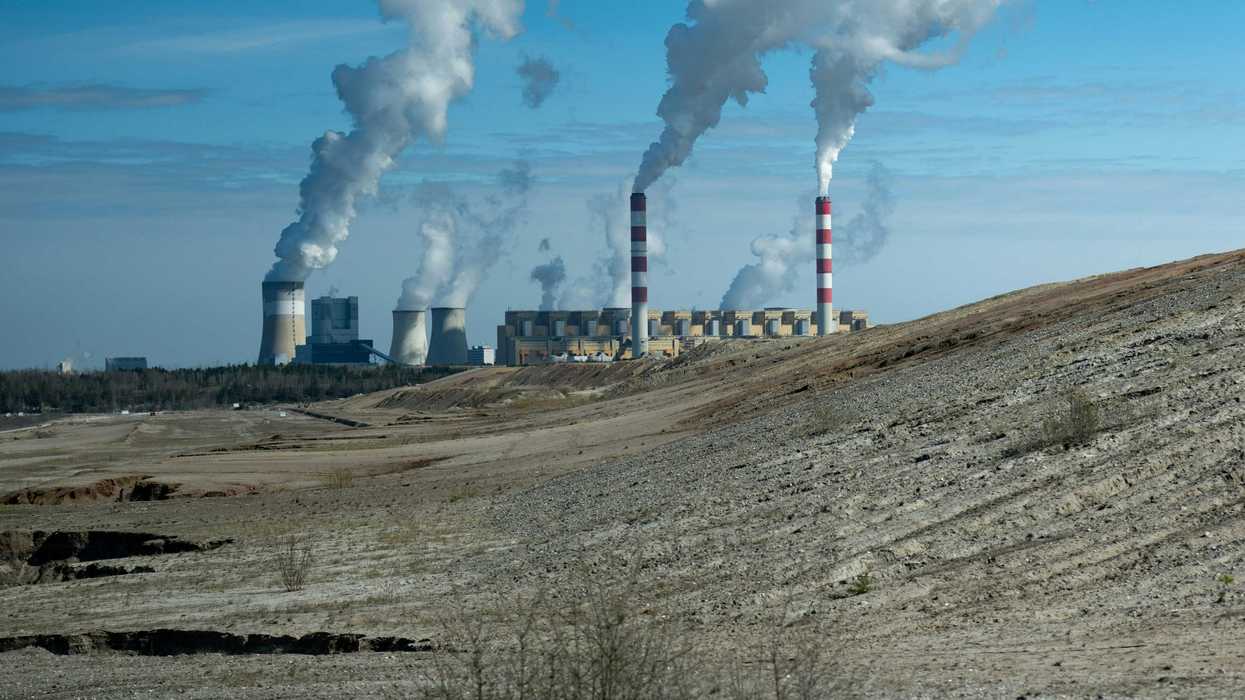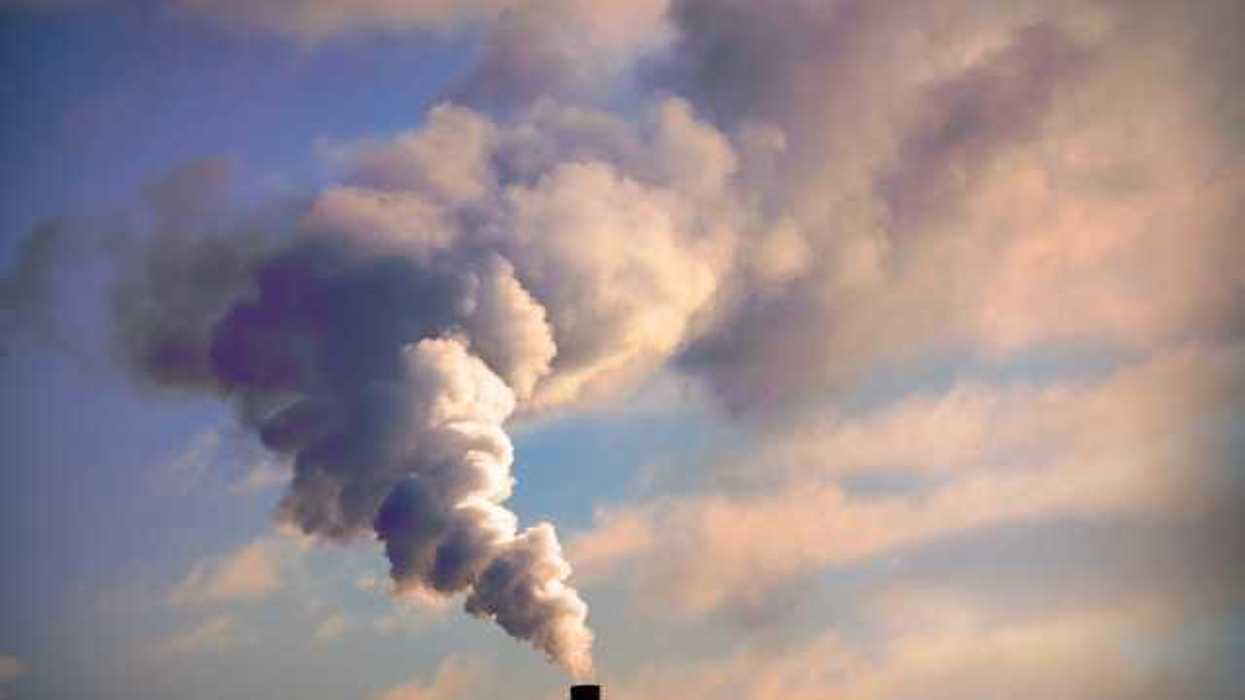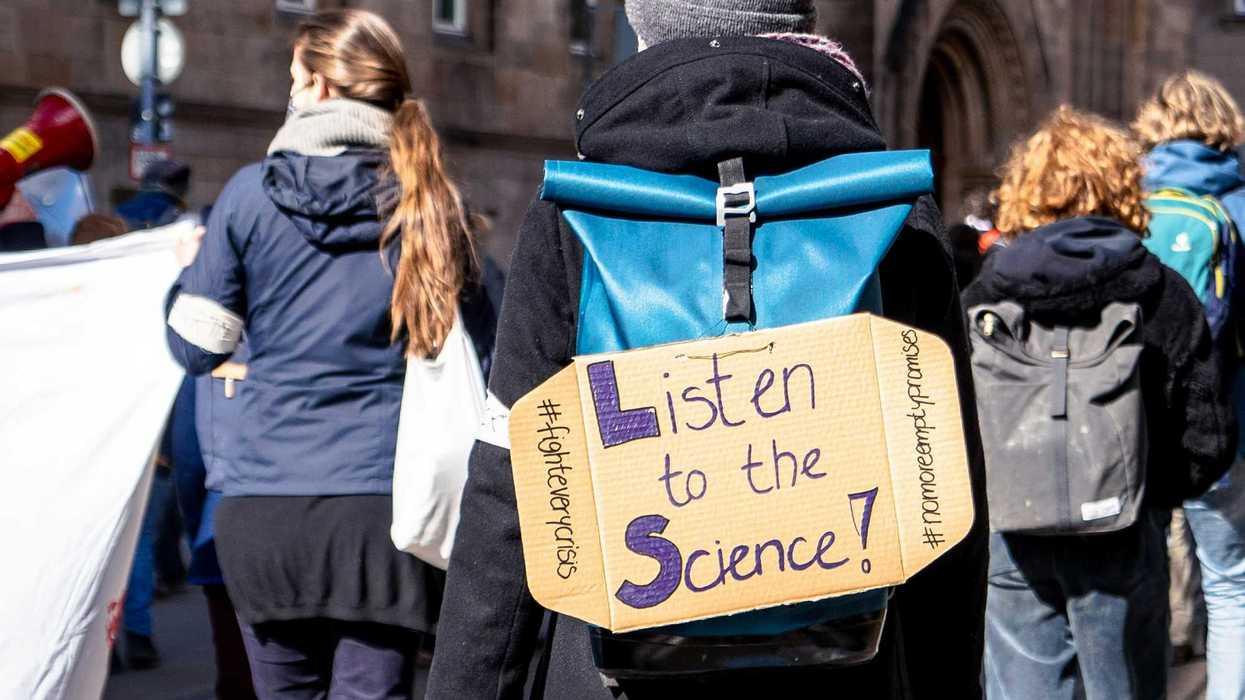The use of municipal bonds to finance clean energy initiatives is gaining traction, enabling significant savings for towns and communities in their pursuit of renewable energy goals.
Meg Duff reports for Capital & Main.
In short:
- Municipal bonds have historically allowed towns to purchase natural gas at discounted rates, with the practice now extending to renewable energy, potentially saving 10% or more on long-term contracts.
- This shift is being led by entities like the California Community Choice Financing Authority, which has issued nearly $10 billion in renewable energy bonds since 2021.
- Despite its potential, Georgia remains hesitant to adopt renewable energy prepays due to its entrenched interests in existing power sources.
Key quote:
“You’re seeing that flexibility creeping in, because everyone is well aware that we’re under a transition, but no one knows how quickly or how smoothly it’s going to go."
— Dennis Pidherny, a managing director on the municipal bond team at Fitch Ratings
Why this matters:
Adopting municipal bonds for renewable energy could dramatically lower costs and accelerate the shift toward sustainable energy sources. This financial strategy may also help mitigate the competitive threats posed by traditional power infrastructures, promoting a broader adoption of renewables in energy plans.














